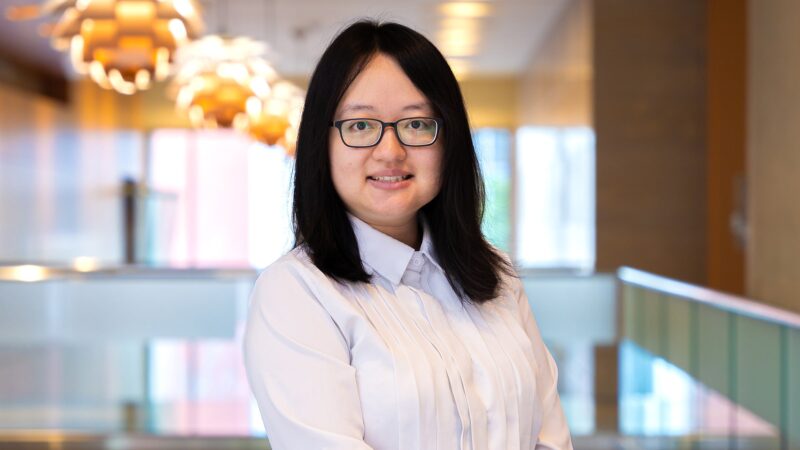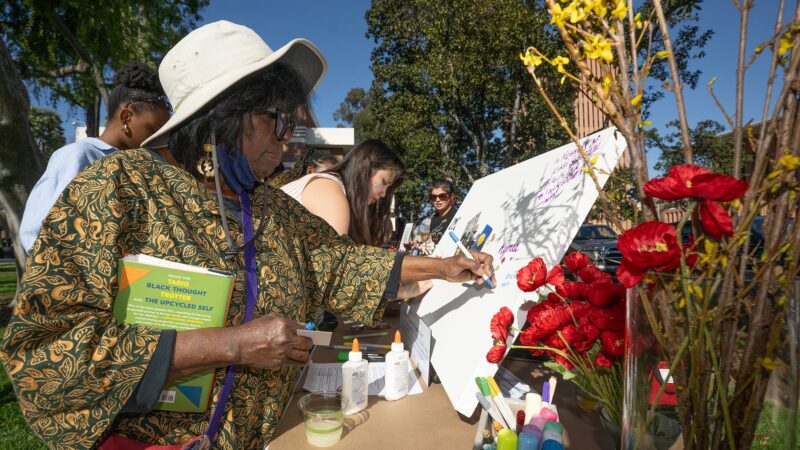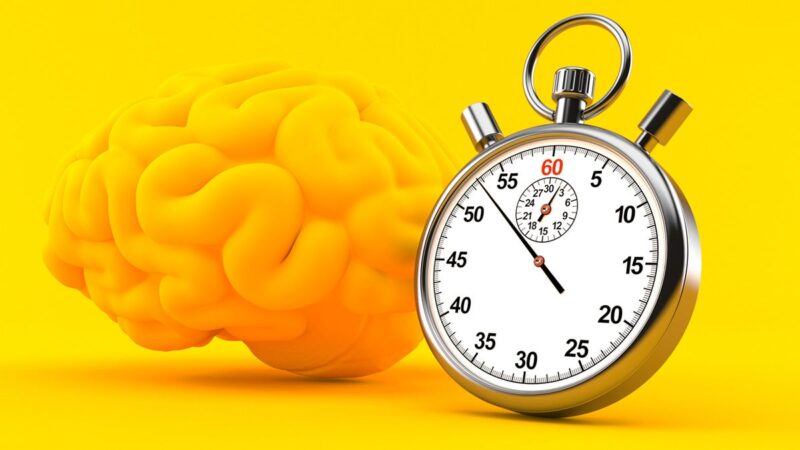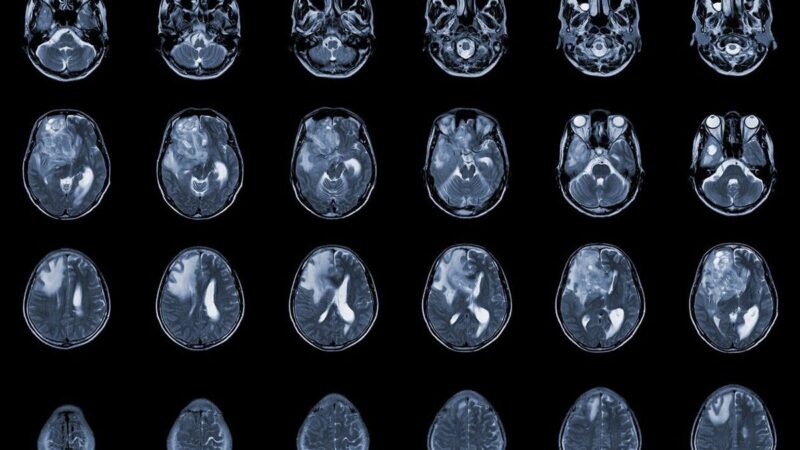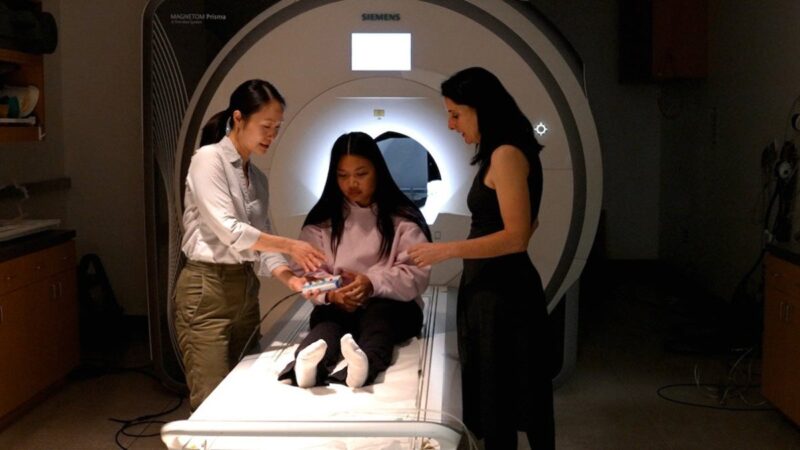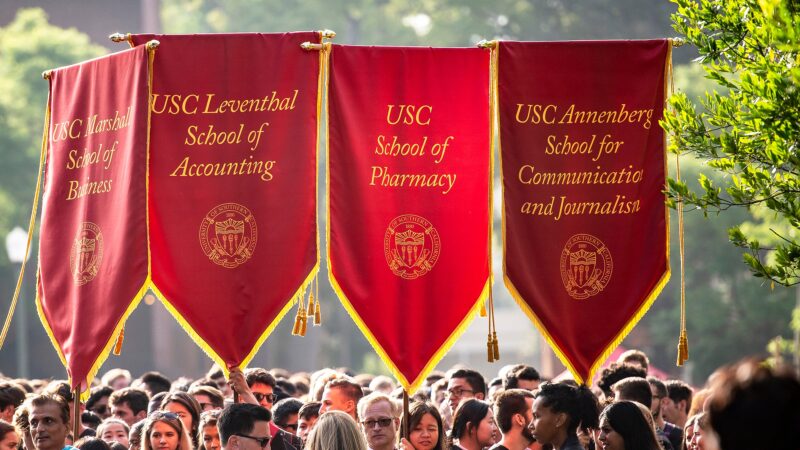How to clear a toxic protein that can lead to Alzheimer’s and related diseases
USC Stem Cell scientists discover a new way to rid cells of toxic tau protein in a study involving “mini-brains” known as organoids.
How AI and genetics are personalizing cancer treatment
A USC-led study uses artificial intelligence to analyze genetic mutations and improve cancer treatment strategies.
Who carries and uses naloxone in the U.S.? Who knows
A new study addresses the lack of nationwide data on who keeps the lifesaving medication with them and uses it to reverse opioid overdoses.
Brilliance and legacy celebrated at USC Black History Month ‘Family Reunion’
STORY, VIDEO AND PHOTOS: Black History Month event features music, delicious food and words of inspiration.
New AI model measures how fast the brain ages
The first-of-its-kind tool can non-invasively track the pace of brain changes using MRI scans, USC researchers say.
Extreme heat may speed up aging in older adults
People in neighborhoods that experience more days of high heat show faster aging at the molecular level than residents of cooler regions, USC researchers say.
New grant funds first-of-its-kind gene therapy to treat aggressive brain cancer
The treatment would be the first gene therapy for glioblastoma to use a novel, more precise delivery system that is less likely to harm non-cancerous cells.
Study: U.S. presidents funnel federal grants to preferred mayoral candidates
A USC study finds presidents from both parties use federal funds to help mayoral candidates who share their political affiliation.
USC Rossier center establishes Innovation Lab
The lab at the USC Center for Affective Neuroscience, Development, Learning and Education will explore how neuroscience can be integrated into classroom practices.
USC again named a top producer of U.S. Fulbright students and scholars
The university is one of a handful of institutions recognized as top producers for both of the prestigious programs for 2024-25.

